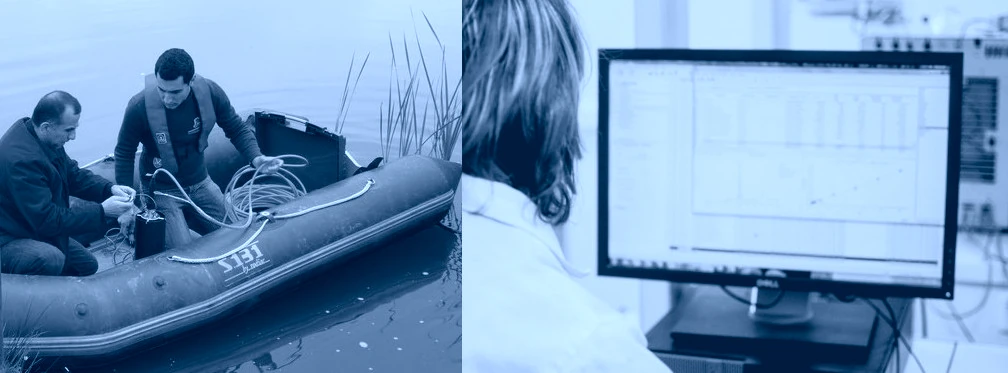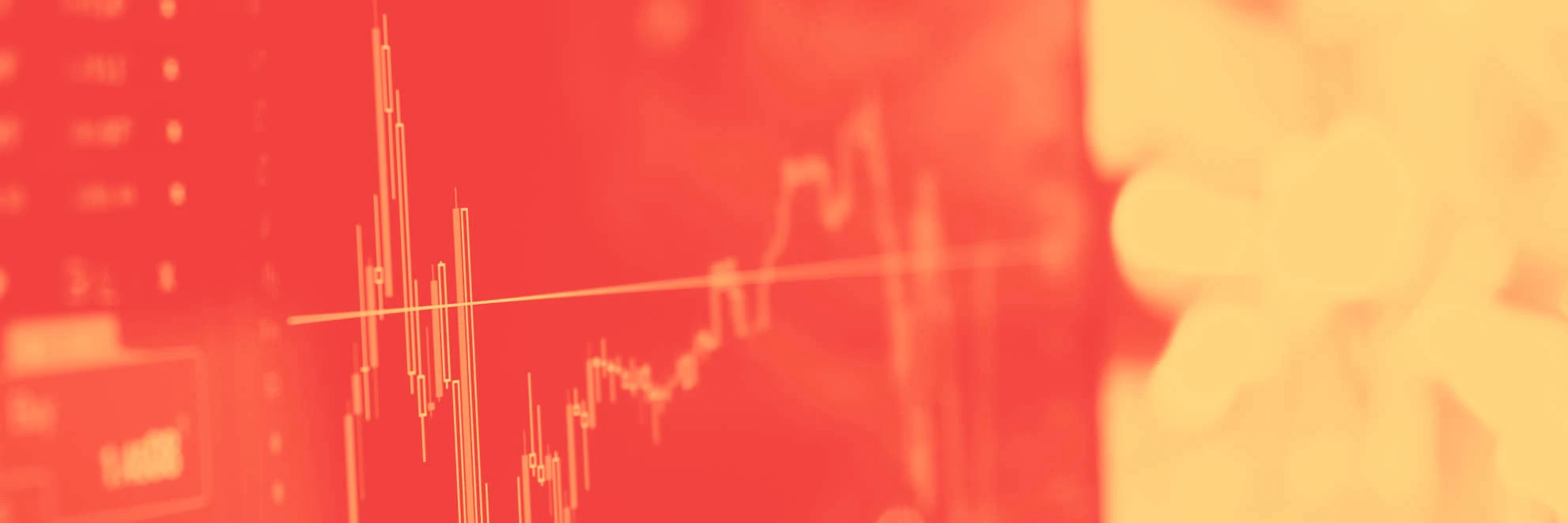Internship offer at Leesu in 2024 - Modeling microplastic flows in an agricultural experimental catchment area: the case of the Orgeval basin
Introduction
For decades, the production and use of plastic polymers have developed and expanded on a global scale. The presence of plastic particles of various sizes (from the macro to the nano scale) and of different polymers (Brahney et al. 2020) has been documented in various ecosystems (natural and urban), with demonstrated or suspected impacts on aquatic flora and fauna.
The main source of microplastic pollution (MP) is related to human activity. Large-scale plastic consumption and leakage into the environment have led to the presence of MP in air, soil and water on a global scale (e.g. Beaurepaire et al. 2021). However, fluxes between the various environmental compartments (atmosphere, hydrosphere, soil, sediment) remain relatively poorly understood (Bank and Hansson 2022) - particularly in urban environments, due to the multiplicity of sources and the complexity of infrastructures. This limited description concerns both the transfer mechanisms themselves and the orders of magnitude of the associated sources.
In less urbanized areas, such as agricultural watersheds, MP fluxes are low but relatively easier to estimate. Nevertheless, there are mechanisms for PM transport within and between similar compartments in agricultural and urban areas (Waldschläger et al. 2022), such as: flooding in streams; sedimentation and/or erosion of particles in water bodies; transport by surface runoff. Therefore, targeting an agricultural watershed to understand particle dynamics facilitates process identification and is thus a key step towards better understanding and modeling particle transfers in urban areas.
Study site
The Orgeval experimental watershed, part of the Seine watershed, extends over 107 km2, 70 km east of Paris, France. It is mainly used for agricultural purposes, covering 81% of its total surface area, while 18% is wooded and 1% is urbanized. The watershed is extensively instrumented at various points along its drainage network, with continuous measurements of physico-chemical parameters and stream flow, combined with monitoring of meteorological parameters. Several models have been developed to reproduce, for example, the spatio-temporal dynamics of nitrogen, pesticides and suspended solids upstream and downstream of the Orgeval. Data is currently being acquired on microplastics, with campaigns continuing until the end of winter 2024.
Internship objective
The aim of the internship is
- (1) to characterize the spatio-temporal variations of the fluxes of microplastic particles in dry and rainy weather, in some of the Orgeval’s watercourses, and
- (2) to propose a description based on existing models, or by constructing new modeling strategies to respond to possible gaps in these models. The work will focus on identifying point and non-point sources of microplastic particles in the area. It will subsequently contribute to a deeper understanding of the dynamics of microplastics in rivers.
The background we are seeking
- Grade: 3rd year of engineering school, Master 2
- Requirements: Knowledge of modelling, data analysis and processing and hydrology
- Start date: January-March 2024
- Duration: 6 months
- Salary: approximately 667 euros per month
- Working address: Leesu – Ecole des Ponts ParisTech - 6-8 avenue Blaise Pascal, Champs-sur-Marne
Application
CV and covering letter to be sent before December 15 2023 to:
Internship offer with team bibliographic references (PDF)

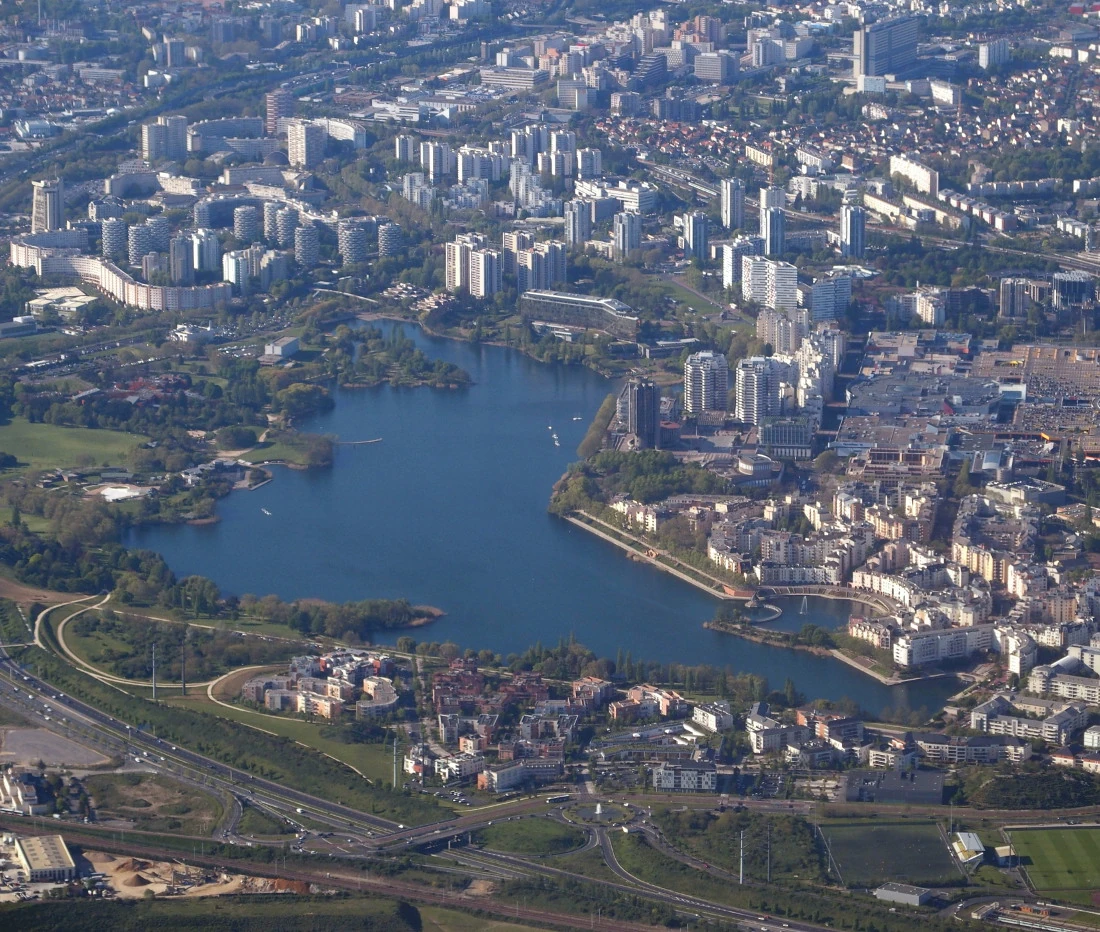
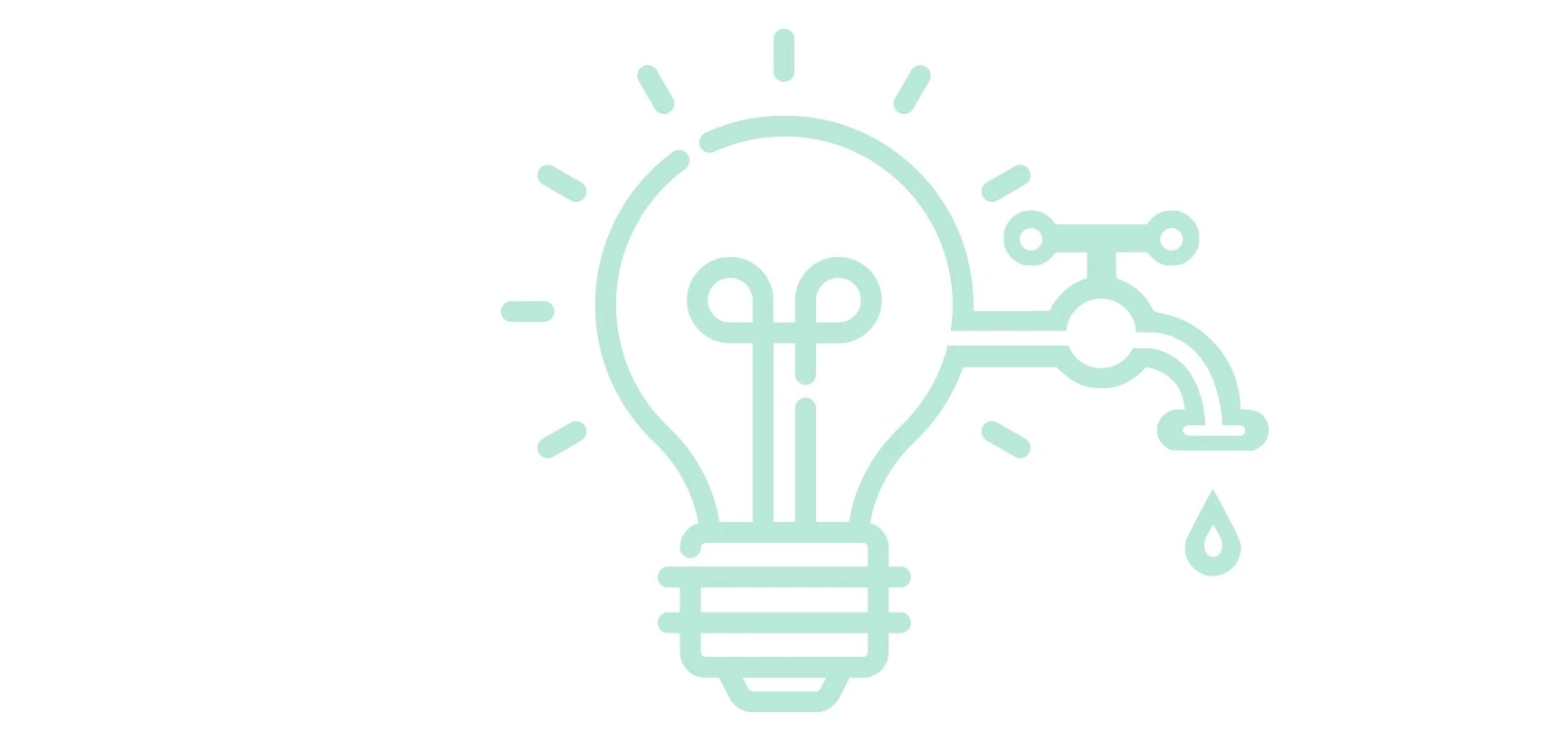
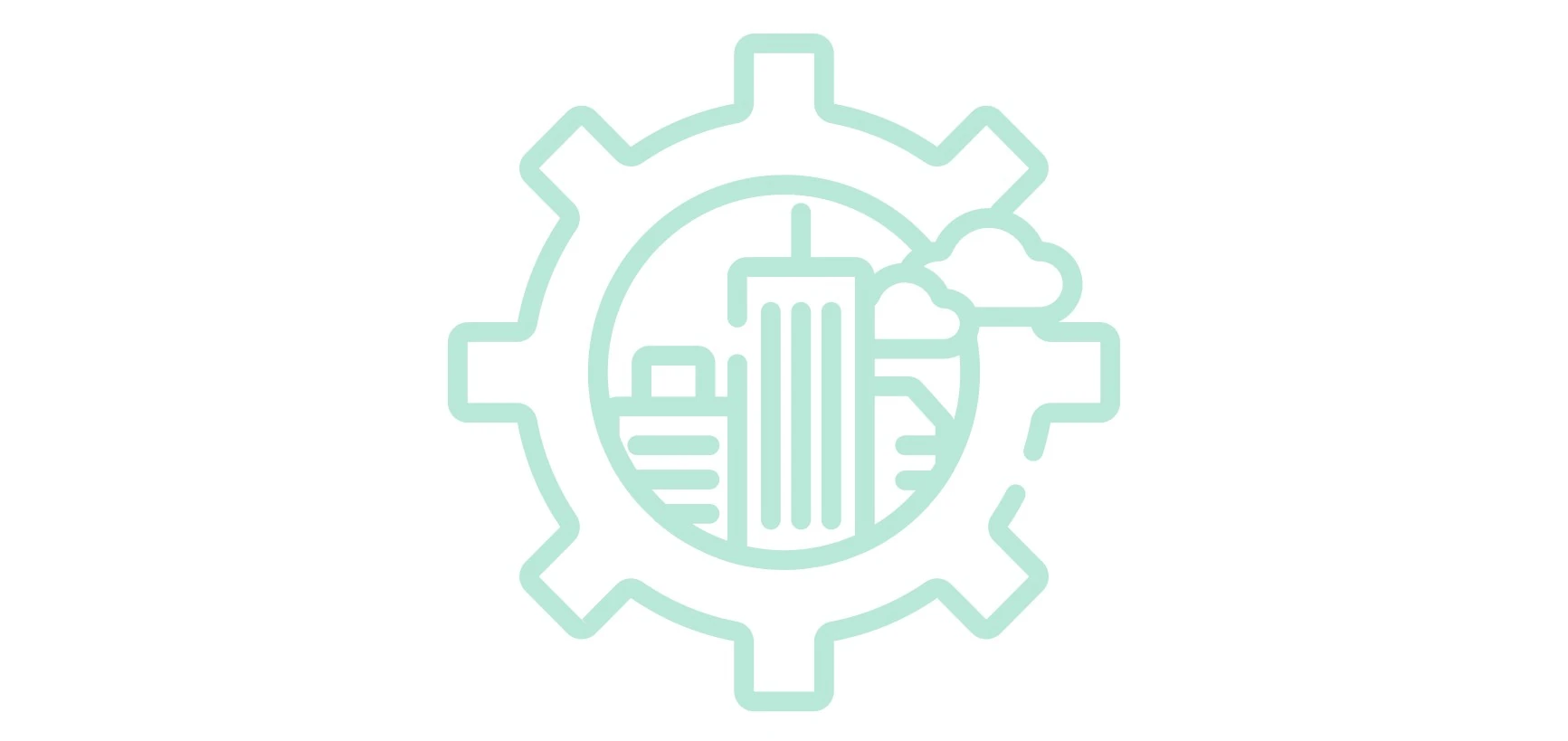
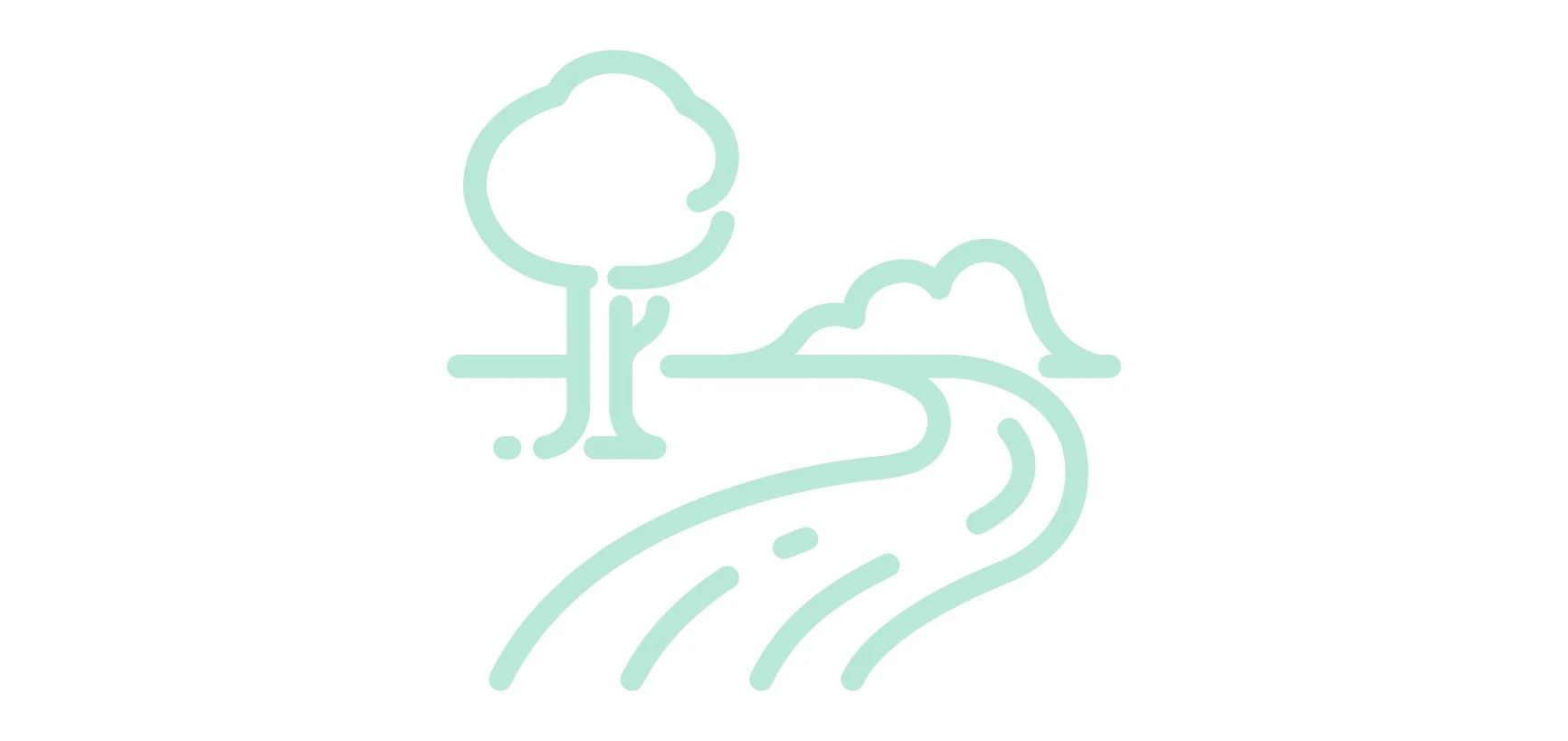
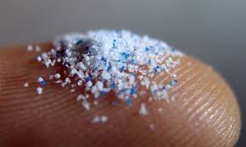
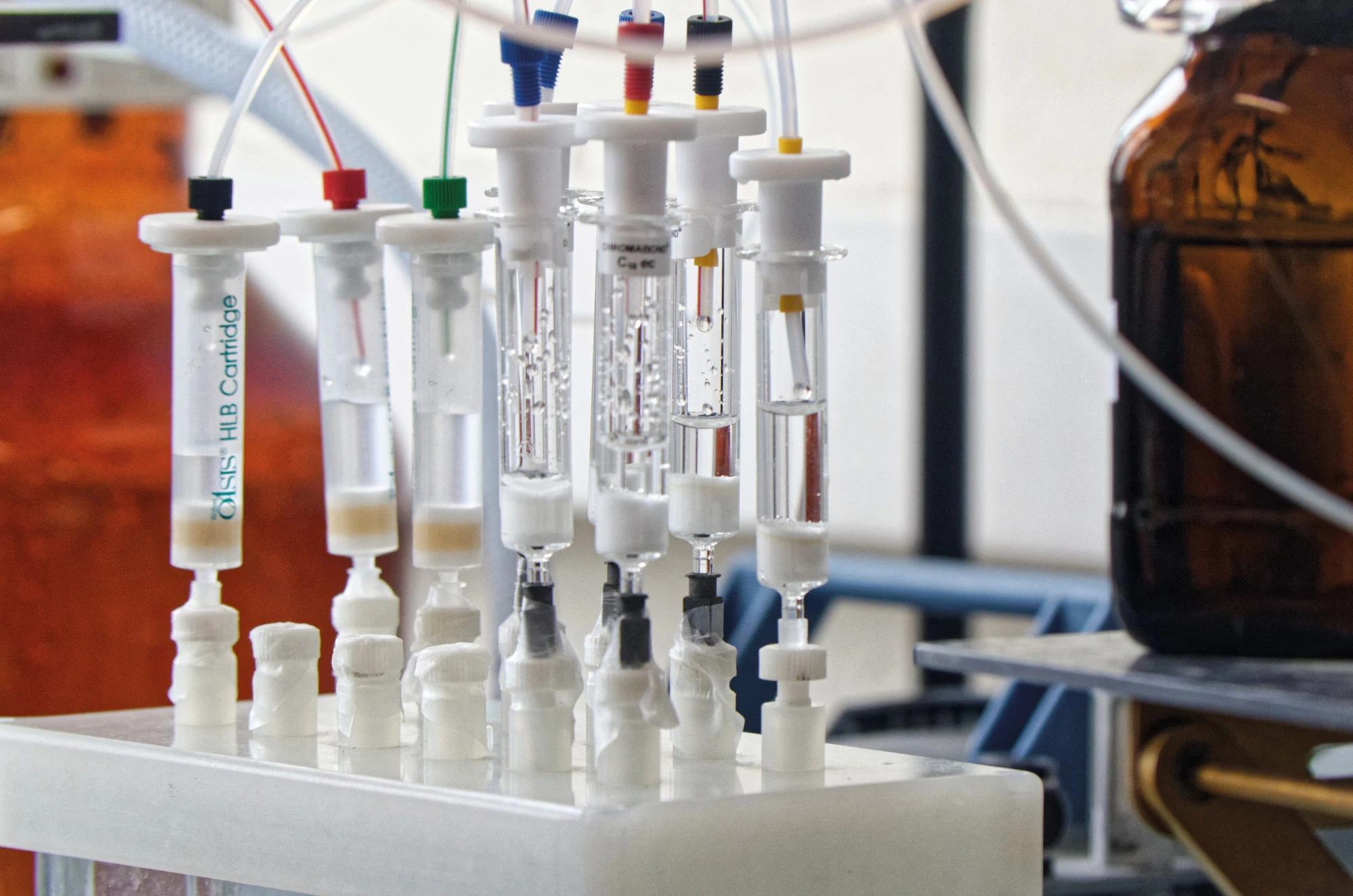
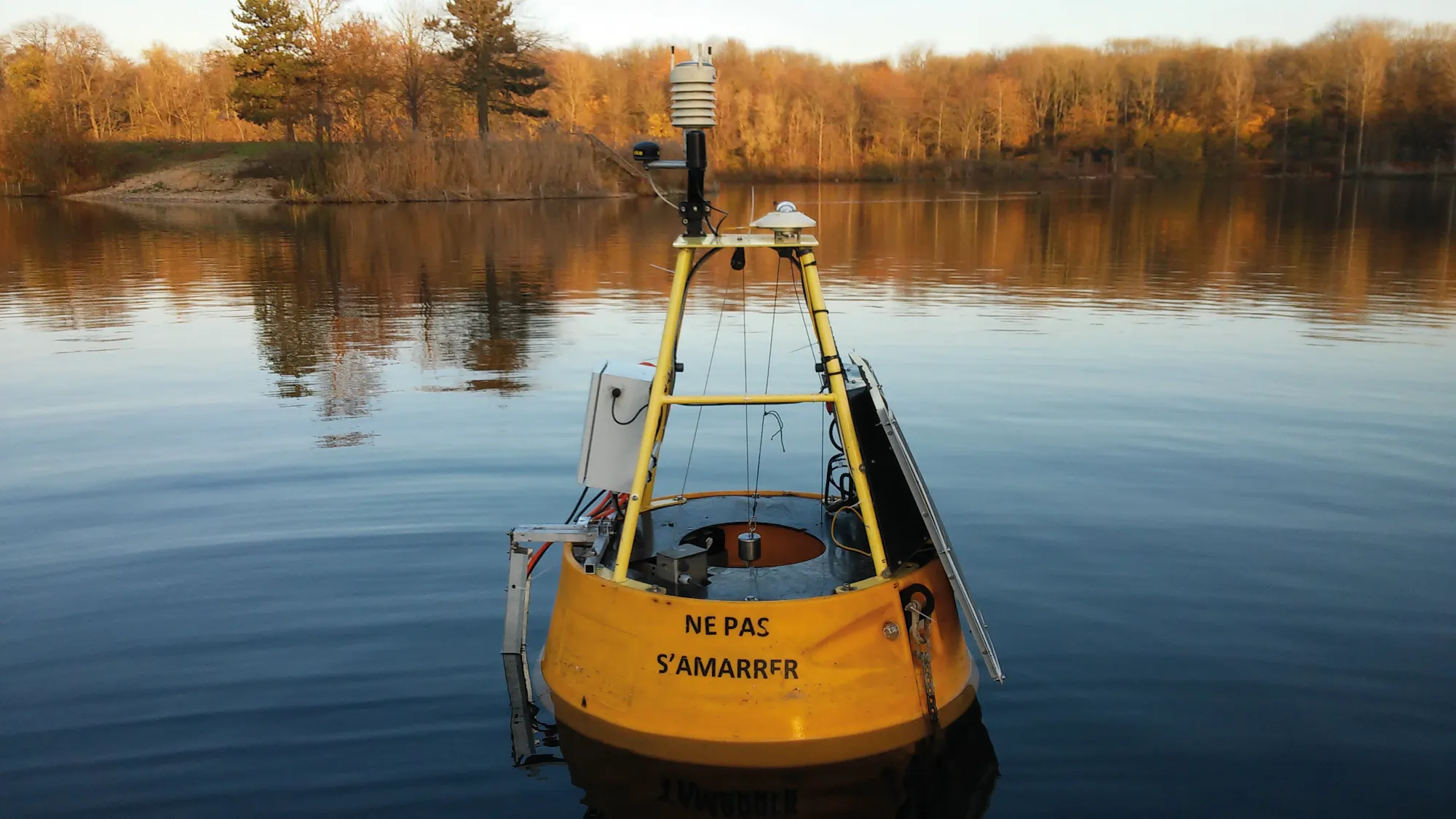
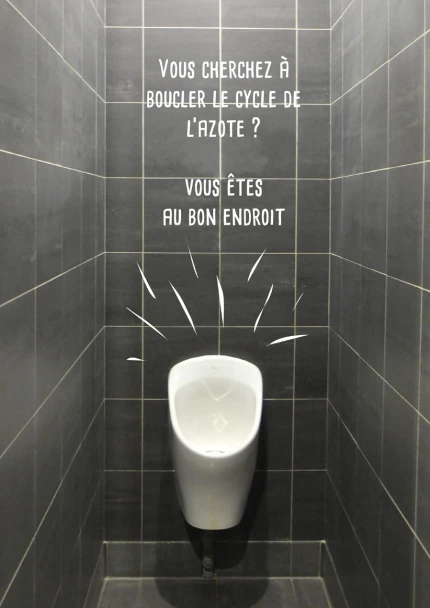
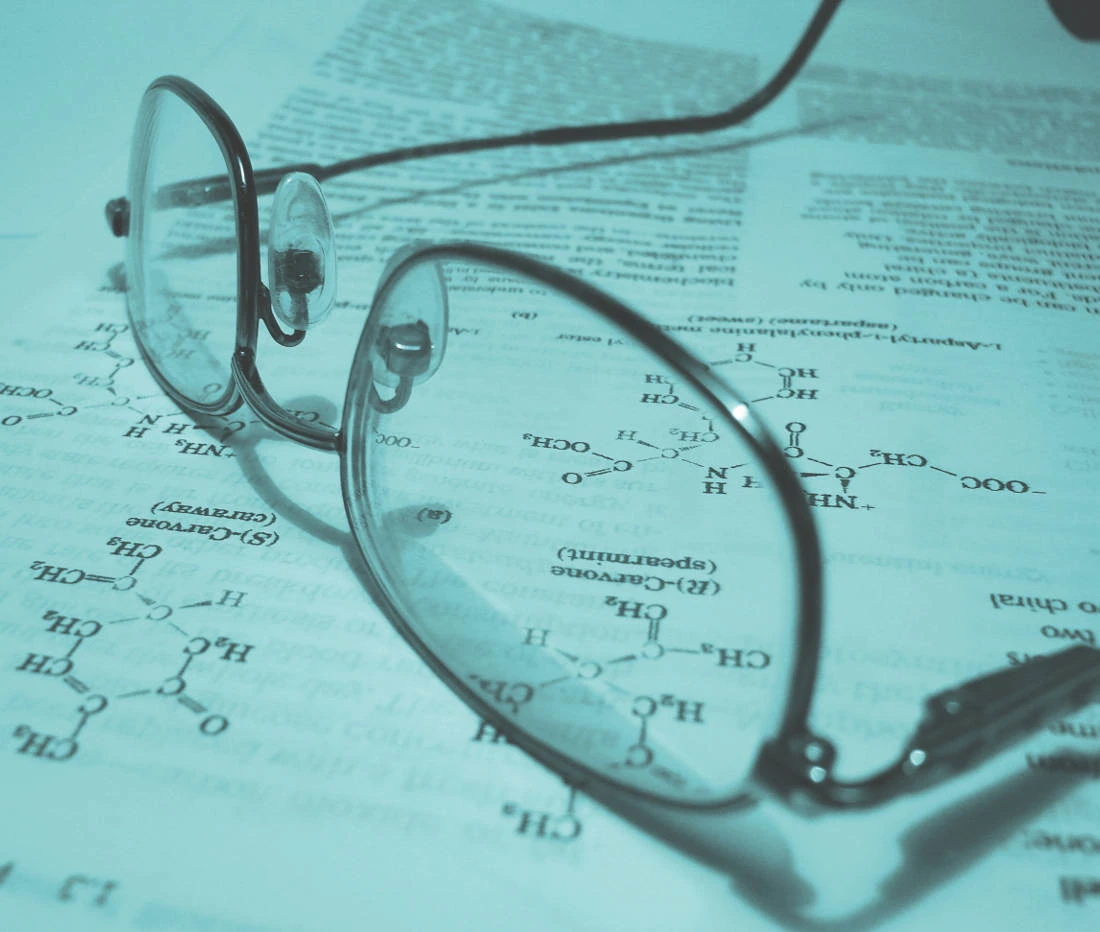 Scientific production
Scientific production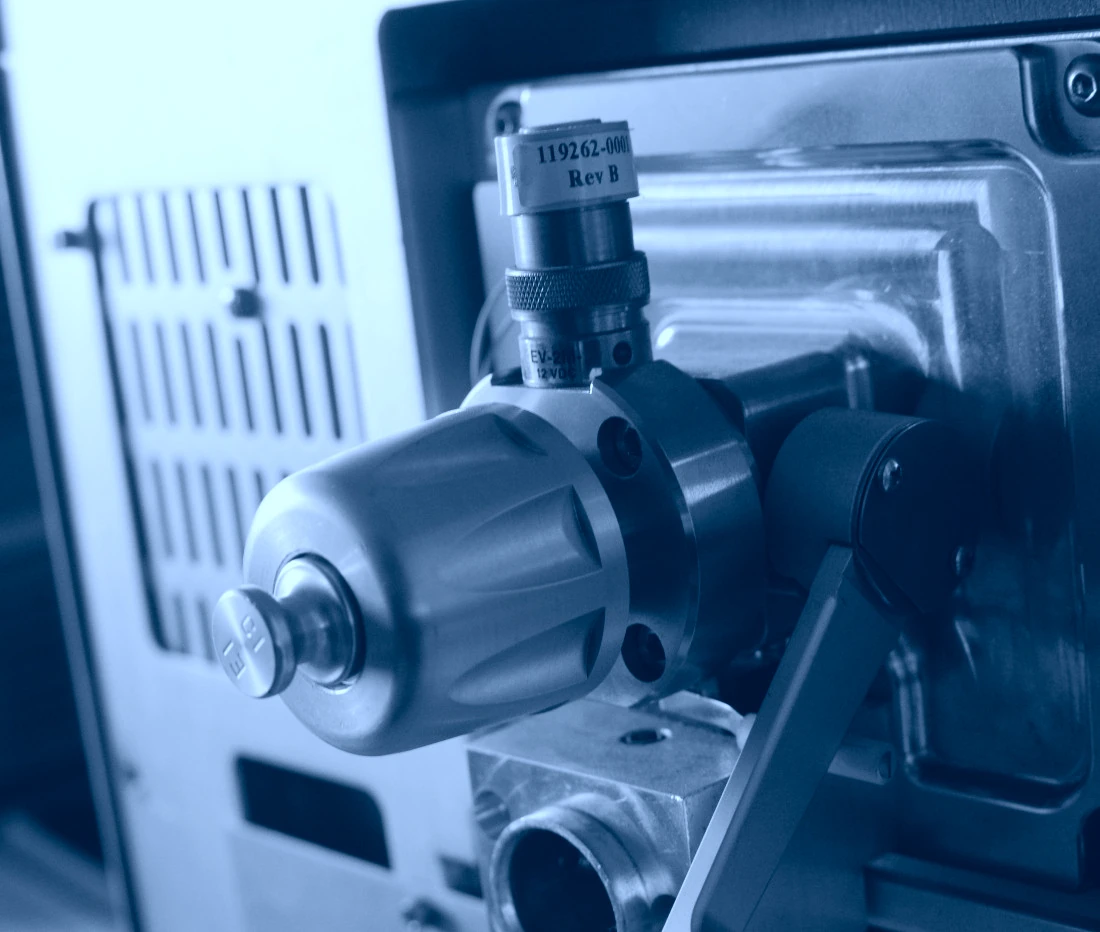 Technical resources and equipment
Technical resources and equipment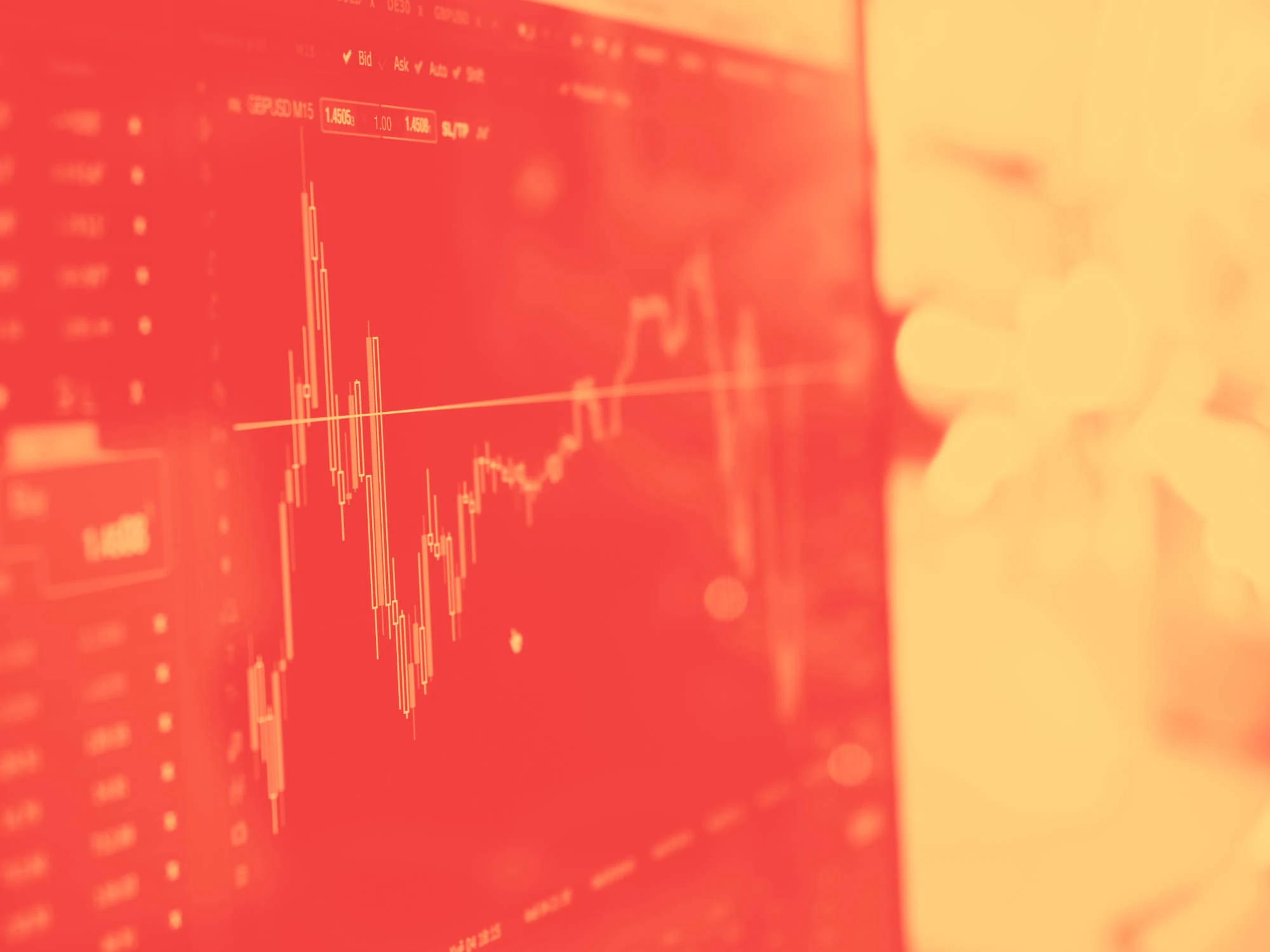 Expertise and disciplines
Expertise and disciplines
